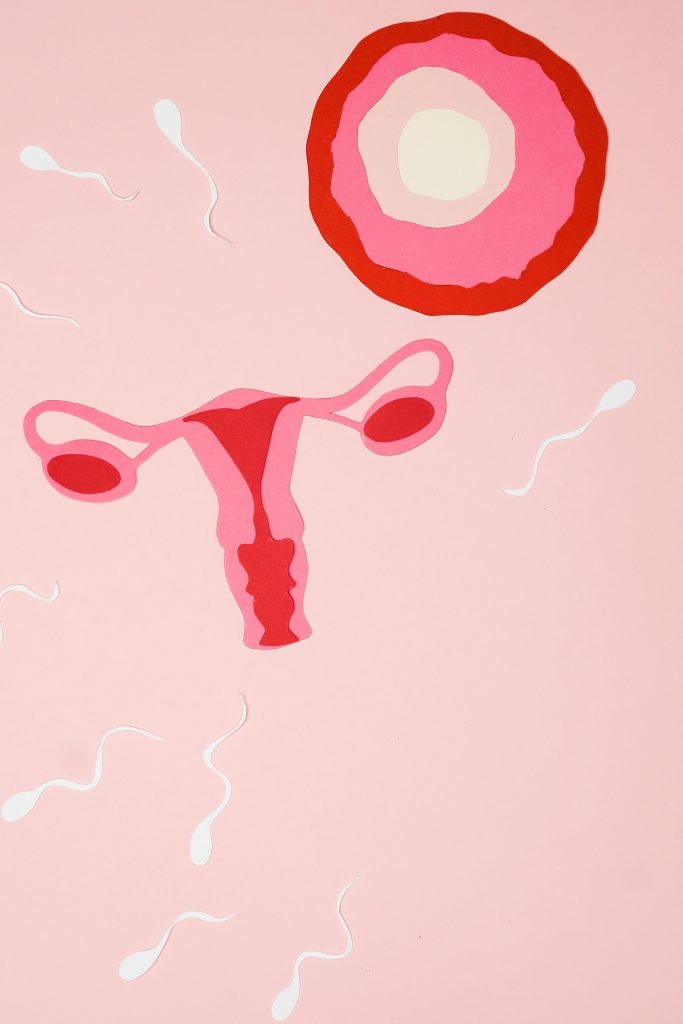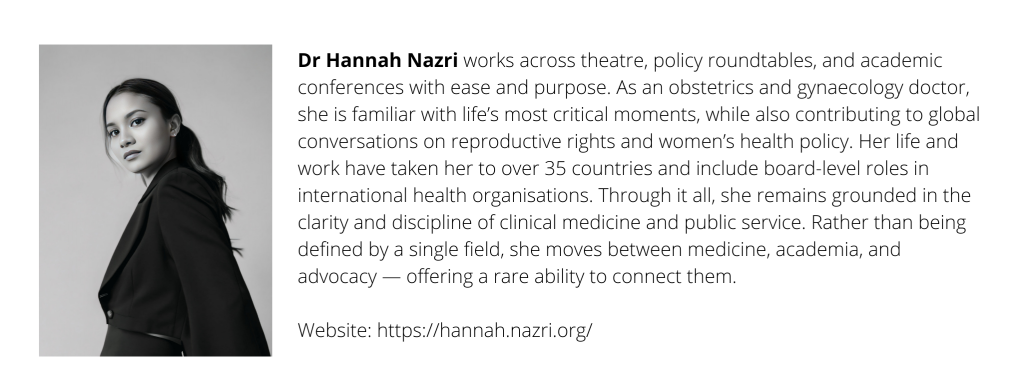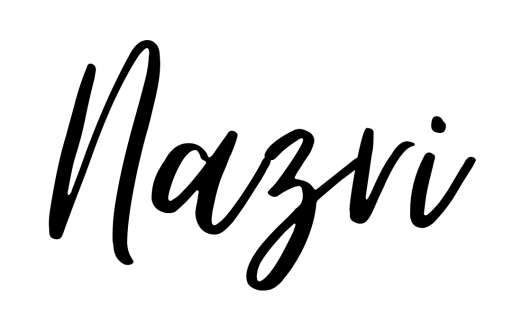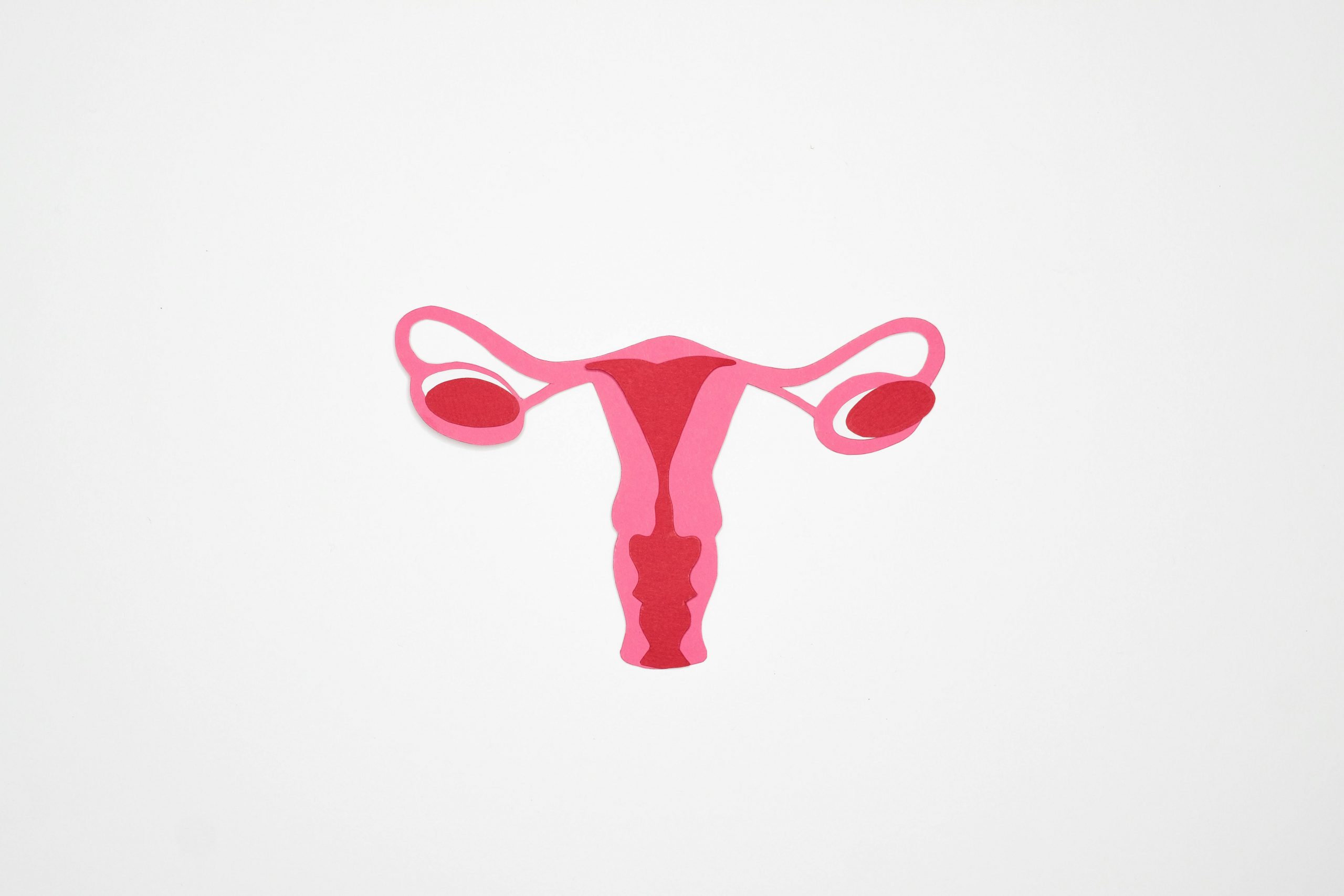Featured image by Nadezhda Moryak on Pexels.
The term “Drexit”, describing the steady departure of doctors from the NHS, has become more than just a buzzword. Some go abroad for better working conditions; others leave clinical practice altogether. I understand why. I could have been one of them.
Not too long ago, I let others define what success should look like for me, particularly through financial lenses. Coming from a family of lawyers and bankers, I have long been exposed to jokes about doctors’ modest pay and long hours. (However, when they face ’emergencies’, I smiled and joked in return, often countering mockingly, “What was it? A major obstetric haemorrhage?” as they fumbled through whatever their crisis was. But I digress). Those comments did linger. They planted doubt.
For a while, I found myself questioning whether this career was worth it. I stayed, but not without detours; into research, policy, advocacy, and leadership roles in both start-ups and more established institutions. These forays did not pull me away from medicine; they pulled me deeper into it.
Completing my DPhil at Oxford was a recalibration. I expected certainty at the end of it, but found discomfort instead. Imposter syndrome surfaced – not from incompetence, but from choosing a path that did not align with traditional expectations. Clinical medicine and academia often speak different languages. One demands immediacy, the other detachment. One is hierarchical and procedural; the other thrives on independence and critique. But rather than pick a side, I chose to hold both.
In one of my earlier essays, I wrote that change often begins with small, sincere acts. Quiet advocacy can be more enduring than noise. In the same way, I have realised that the most meaningful impact happens not in choosing between roles, but in integrating them with intention.
I spoke to my father (I am deeply grateful for his patience with what some might call my ‘insane’ life and career decisions) recently about my career so far; moving between hospitals, research presentations, policy conversations. I told him that people often assume I am doing too much.
He smiled and said, “Your career is like a fruit tree that takes decades to bloom. But when it does, its impact is far-reaching.”
That stayed with me. Not all careers are meant for fast returns. Some require deep roots and long seasons. But when they bear fruit, that nourishment goes far beyond the person who planted the seed.
April and May were two such months; quietly full. In April, I contributed to a UNFPA Malaysia stakeholder meeting on FGM/C, and co-authored a publication on female genital cutting in Malay language with ARROW (Asian-Pacific Resource & Research Centre for Women) and Sisters in Islam. I also delivered lectures with Médecins Sans Frontières, Warwick, and SOAS, reflecting on how medicine intersects with culture and power.
May brought me to Sydney, where I co-chaired a session at the World Congress on Endometriosis and presented my research on small extracellular vesicles – work that bridges molecular insight with the realities of women’s lived experiences. Shortly after, I spoke in Kuala Lumpur on holistic endometriosis care, in collaboration with colleagues from Monash and Oxford. I was also privileged to speak about my FGM/C work with the Obstetrical and Gynaecological Society of Malaysia, then represented the Asia Network on FGM/C to deliver our position of zero tolerance against FGM/C during a UNICEF-UNFPA Asia Pacific webinar on the medicalisation of FGM/C. Recently, I joined the RCOG World Congress in London, contributing to both panel discussions and a poster presentation on FGM/C. Alongside these commitments, I completed a textbook chapter on FGM-related trauma. Earlier in the year, in January, I also developed bilingual FGM/C patient information leaflets; practical, accessible tools designed to put knowledge directly into the hands of those who need it most.
These efforts might appear disconnected, but they are rooted in the same question: how do we care better? How do we ensure our work is not only evidence-based, but culturally aware and ethically sound?
For all of this, nothing keeps me grounded like the operating theatre. Being a surgeon is more than a job description. It is where my identity is continually tested and shaped. Clinical training has sharpened my decision-making, but also added depth to the way I approach research and advocacy.
The recognition I receive in external arenas is validating, but Obstetrics and Gynaecology quickly reminds you not to get carried away. A pathological CTG. A maternal collapse. A shoulder dystocia. General chaos. Hierarchy. Demanding rota. These moments silence everything else. They demand presence, clarity, and humility.
Having grown up with much of what I needed, I am grateful for a profession that strips away the comfort of abstraction. It keeps me connected to service, to perspective, and to purpose.
Even when the work takes me far from theatre; into ministries, conferences, roundtables, and editorial deadlines – clinical medicine is what anchors me. It is what steadies me. It makes everything else more honest. I have long let go of expecting financial returns from public service medicine to match those of other professions. (That said, this does not mean I accept poor remuneration that fails to keep pace with over a decade of inflation. Fairness matters, even when money is not the primary motivator). That clarity has freed me. I have chosen to balance this by engaging in business and leadership roles elsewhere, allowing me to maintain clinical practice not for its financial rewards, but for its grounding purpose. In truth, I have joked that I have long wanted to make medicine my hobby – admittedly, a very expensive hobby, but one that keeps me rooted.
When people ask me how it all fits together, I no longer feel the need to explain. I have come to believe that coherence doesn’t require uniformity. Perhaps the link between surgery, science, policy, and advocacy is care – not only in the clinical sense, but in how we listen, lead, and act with integrity.
No two days in my week are ever the same. Even within Obstetrics and Gynaecology, my time is split between outpatient clinics, gynaecological theatre, the labour ward and dealing with emergencies in the emergency gynaecological unit and labour ward triage. This week alone is a good example of that rhythm. On Monday, I was in London for the RCOG World Congress 2025. By Tuesday, I was back in gynaecological theatre from early morning to afternoon, then carrying both the obstetrics and gynaecology registrar emergency bleeps, covering the department alongside colleagues for the twilight shift. Today, I am refining a paper on endometriosis. On Thursday, I will be in Oxford for an alumni networking event, and by the weekend, I will be back in hospital. Am I exhausted? Definitely. But am I satisfied? 110%.
(Image by Nadezhda Moryak on Pexels).

I hope my path offers an alternative narrative. That it is possible to stay in clinical medicine while building something broader. That we do not need to be everything, but we can choose to be intentional, consistent, and rooted. Most importantly, we must be patient: Medicine is not a sprint, it is a marathon. For now, this is my story. I may change my mind in the future. Because there is no single right way to walk medicine.
Related posts:
- How to Make Change
- Top 10 Life and Career Hacks
- How to Feel Comfortable Disappointing Everyone
- Green Templeton College Alumni Graduation Speech July 2024
- 4 Things I Learnt from My Burnout
- My Reflections Post DPhil at the University of Oxford
- Great Expectations: Should Doctors Become “Everything”? | Boston Congress of Public Health Review
Like what you read? Subscribe to my blog.
About the Author: Hannah Nazri


